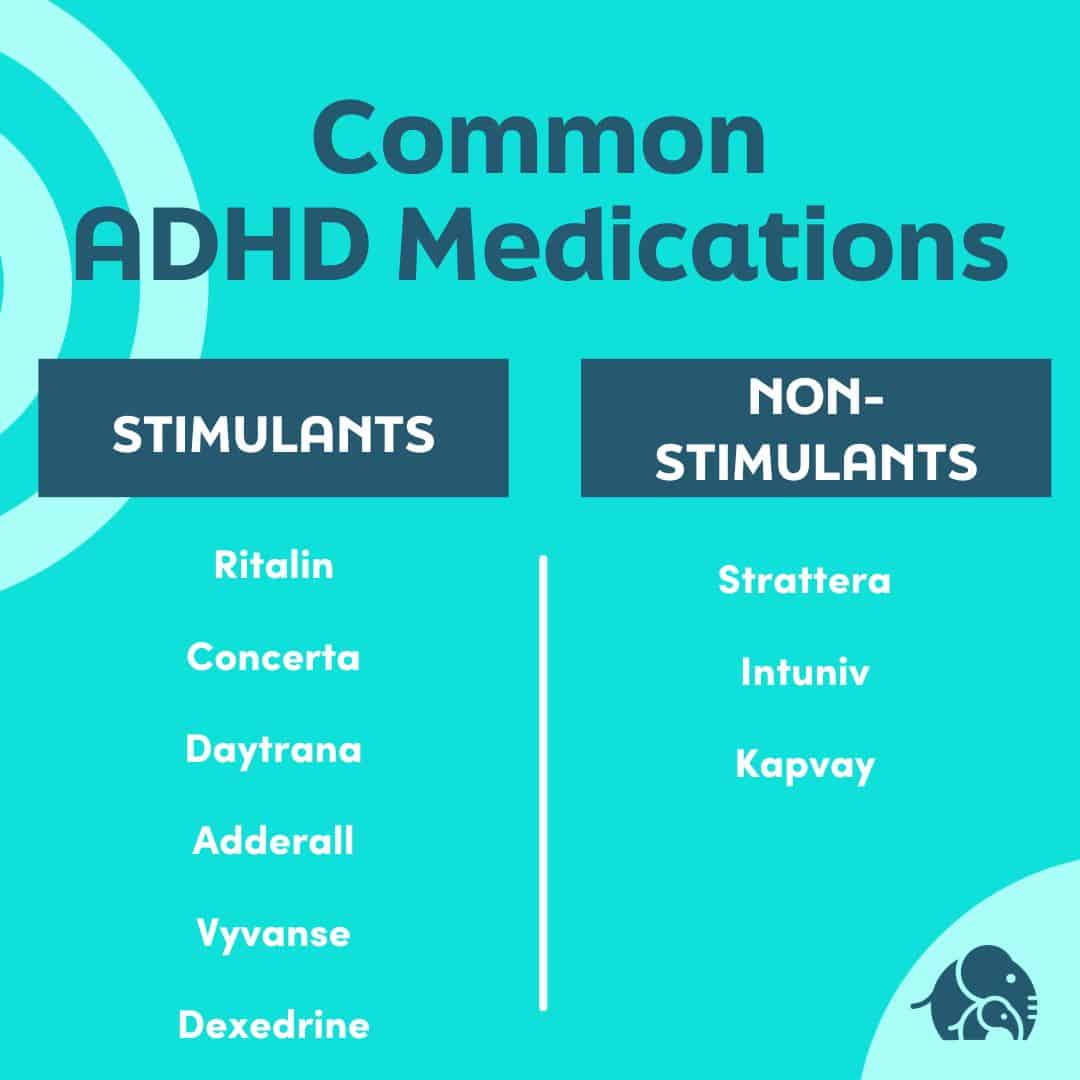Receiving a diagnosis of Attention-Deficit/Hyperactivity Disorder (ADHD) can be both relieving and overwhelming. It’s a moment of clarity, finally understanding why you may have struggled with focus, organization, and impulsivity throughout your life. However, it’s also the beginning of a journey towards managing your condition effectively. Together, let’s explore the next steps you can take after an ADHD diagnosis, including medication options and insights for parents whose children have been diagnosed with ADHD.
Understanding ADHD
ADHD is characterized by core symptoms such as inattention, hyperactivity, and impulsivity. These symptoms can vary in severity from person to person and can significantly affect one’s quality of life. ADHD is not a one-size-fits-all condition, and it can manifest differently in children, adolescents, and adults.
After receiving an ADHD diagnosis, it’s crucial to consult with a healthcare professional who specializes in ADHD, such as a psychiatrist. They can help you develop a tailored treatment plan based on your unique needs and symptoms.
At Ellie, we’ve got a team of highly qualified psychiatrists with immediate appointments available for medication management. Click here to get started with one of our prescribers!
Types of ADHD Medications

Medication is one of the most effective treatment options for managing ADHD symptoms. Several medications can be prescribed, including:
- Stimulant Medications:
- Stimulant medications are among the most-commonly prescribed treatments for ADHD. They are divided into two main categories: Methylphenidate-based medications: These include medications like Ritalin, Concerta, and Daytrana. Amphetamine-based medications: This category includes Adderall, Vyvanse, and Dexedrine.
- Stimulants are believed to work by increasing the levels of certain neurotransmitters, like dopamine and norepinephrine, in the brain. This helps improve focus, attention, and impulse control.
- Non-Stimulant Medications:
- Non-stimulant medications are typically prescribed when stimulants are ineffective, cause adverse side effects, or are not recommended for a specific individual.
- Examples of non-stimulant medications include Strattera (atomoxetine), Intuniv (guanfacine), and Kapvay (clonidine). These medications work differently by targeting various neurotransmitters or brain functions.
- Other Medications:
- In some cases, other medications may be prescribed to address specific symptoms or comorbid conditions associated with ADHD. For example, antidepressants or anti-anxiety medications may be used alongside traditional ADHD treatments.
Why Collaboration with a Psychiatrist is Crucial
- Personalized Treatment Plans: ADHD is a complex condition with a wide range of symptoms and individual variations. Working with a psychiatrist ensures that your treatment plan is tailored to your specific needs, taking into account your unique symptoms and any other underlying mental health conditions.
- Monitoring and Adjustments: Finding the right medication and dosage can be a process of trial and error. A psychiatrist can closely monitor your progress, make necessary adjustments, and ensure that you are getting the maximum benefit from your treatment while minimizing side effects.
- Comorbidity Consideration: Many individuals with ADHD also have coexisting conditions such as anxiety, depression, or learning disabilities. A psychiatrist can address these comorbidities and develop a comprehensive treatment plan that addresses all aspects of your mental health.
- Education and Support: Psychiatrists are well-equipped to provide education and support to both individuals with ADHD and their families. They can offer coping strategies, behavioral therapy recommendations, and guidance on managing ADHD-related challenges.
If Your Child Is Diagnosed with ADHD
Parenting a child with ADHD can be challenging, but it’s important to remember that with the right support, your child can thrive. Here are some essential steps for parents:
- Educate Yourself: Learn about ADHD, its symptoms, and how it affects your child’s behavior and learning. Understanding the condition is the first step towards effective parenting.
- Seek Professional Help: Consult with a pediatrician or child psychiatrist experienced in ADHD. They can provide guidance on treatment options, which may include behavioral therapy, medication, or a combination of both. We have many prescribers who see children for medication management; fill out our form here to get matched with the right one.
- Create Structure and Routine: Children with ADHD benefit from a structured environment with consistent routines. Establish clear expectations and consequences to help them manage their behavior.
- Be Patient and Supportive: Encourage your child and focus on their strengths rather than their challenges. Provide a supportive and loving environment to boost their self-esteem.
ADHD medications can be highly effective in managing the symptoms of this condition and improving the overall quality of life for those affected. However, it is crucial to recognize that there is no one-size-fits-all solution. Finding the right treatment plan requires collaboration with a psychiatrist who can provide personalized care, monitor progress, and ensure that the chosen medications are both effective and safe. By working together, individuals with ADHD and their psychiatrists can navigate the complexities of the condition and make informed decisions about the most suitable treatment options. Remember, there is hope and help available for those living with ADHD, and seeking professional guidance is the first step towards a brighter future.


